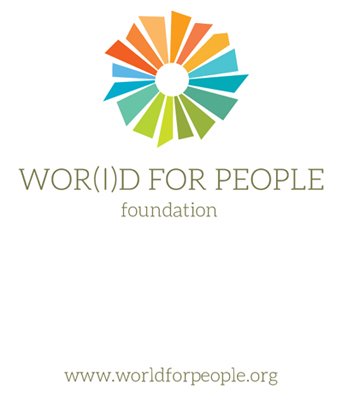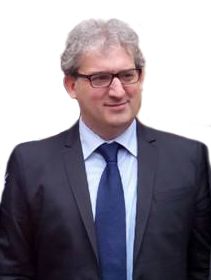OVER 320 APPLICATIONS FOR THE FUNDING MADE AVAILABLE FOR DEVELOPMENT PROGRAMMES BY THE WORLD FOR PEOPLE FOUNDATION
Published by Gbaf News
Posted on August 20, 2014
3 min readLast updated: January 22, 2026

Published by Gbaf News
Posted on August 20, 2014
3 min readLast updated: January 22, 2026

Alfonso Galdi (Chairman of the Foundation): We have received applications for a total of over $210 million. Many of these projects deserve to be funded and I hope that as the Foundation grows so will the budget available. The quality of the proposals we have received is encouragingly high and we are aware of the responsibility this places on us
Over 320 applications for a value of over $210 million: this has been the response to the first international announcement of funding available for development programmes of World for People Foundation(www.worldforpeople.org).
Over the next eight weeks the Foundation will evaluate the entries and inform all applicants of the status of their application(s). Due to the large number of submissions, we will however not be able to give individual feedback to unsuccessful candidates. Shortlisted applicants will then have one month from receiving written confirmation of our interest in their project to submit a complete proposal and provide the necessary supporting documents.

Alfonso Galdi
With this international announcement of funding available for development programmes the Foundation proposes to contribute to the sustainable development of emerging economies through the promotion of innovative social projects which offer advanced technological solutions for improving the quality of life and economic conditions of the local population.
This project is designed to improve the conditions of pupils in existing schools in emerging countries and areas of social deprivation. These benefits are also extended to other active sectors of the local population.
“We have received applications- declare the Chairman of the Foundation Alfonso Galdi- for a total of over $210 million. Many of these projects deserve to be funded and I hope that as the Foundation grows so will the budget available. The quality of the proposals we have received is encouragingly high and we are aware of the responsibility this places on us.
The aim of the Foundation is to finance projects which assist the local populations in emerging countries to improve their social and economic conditions by providing sustainable and advanced technological solutions to everyday problems.”
The board will consider interdisciplinary projects favouring the development of information and communication technologies, heritage education and sustainable development and which contain the following elements: the computerisation of schools by supplying computer equipment; the training of tutors; the inclusion in the curriculum of courses on the use of computers, heritage education and sustainable development held by qualified teachers and attended by pupils in the school system and courses in computer basics directed at the general population.
The programme may also include support activities for example: the supply of energy to schools from renewable sources; the provision of equipment necessary for teaching activities; the provision of a water supply and sanitation; projects to ensure the school remains operational and the provision of security and safe custody of the equipment supplied.
Explore more articles in the Top Stories category











